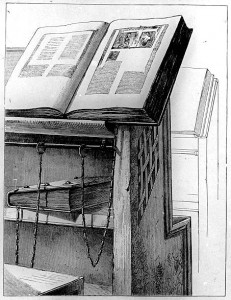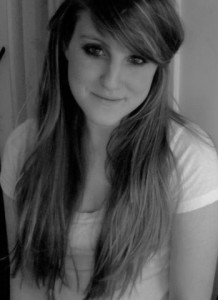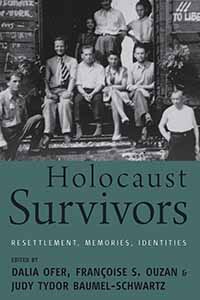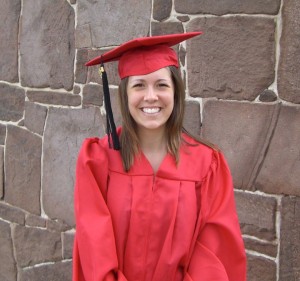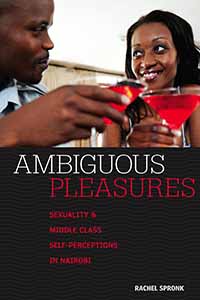European Foundations of the Welfare State, by Franz-Xavier Kaufmann, translated by John Veit-Wilson, foreword by Anthony B. Atkinson
Fortune and the Cursed, the Sliding Scale of Time in Mongolian Divination, by Katherine Swancutt
Investigating Srebrenica: Institutions, Facts, Responsibilities, edited by Isabelle Delpla, Xavier Bougarel, and Jean-Louis Fourn
Journeys into Madness: Mapping Mental Illness in the Austro-Hungarian Empire, edited by Gemma Blackshaw and Sabine Wieber
Learning from the Children: Childhood, Identity and Culture in a Changing World, edited by Jacqueline Waldren and Ignacy-Marek Kaminski
A Lover’s Quarrel with the Past: Romance, Representation, Reading, by Ranjan Ghosh
The Making of the Pentecostal Melodrama: Religion, Gender and Media in Kinshasa, by Katrien Pype
Ordinary Lives and Grand Schemes: An Anthropology of Everyday Religion, edited by Samuli Schielke and Liza Debevec
The Politics of Educational Reform in the Middle East: Self and Other in Textbooks and Curricula, edited by Samira Alayan and Achim Rohde, and Sarhan Dhouib
Revisiting Feminist Approaches to Art Therapy, edited by Susan Hogan


